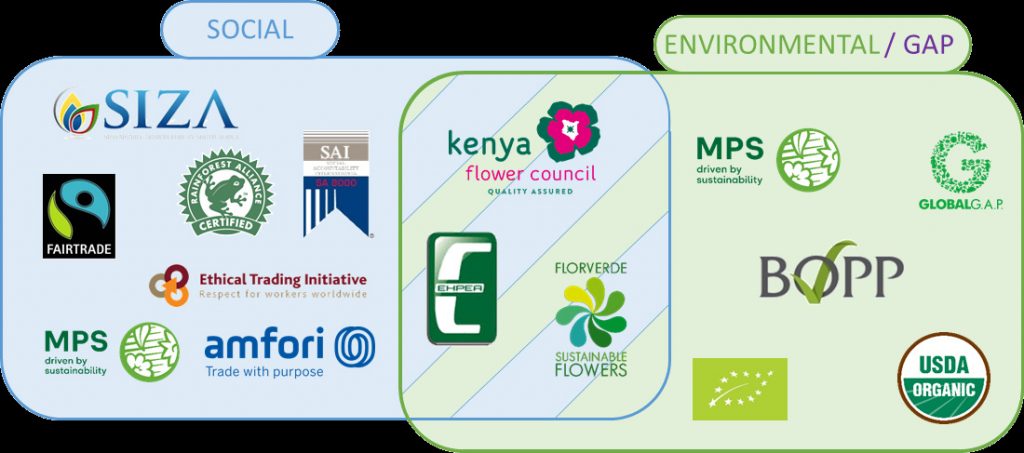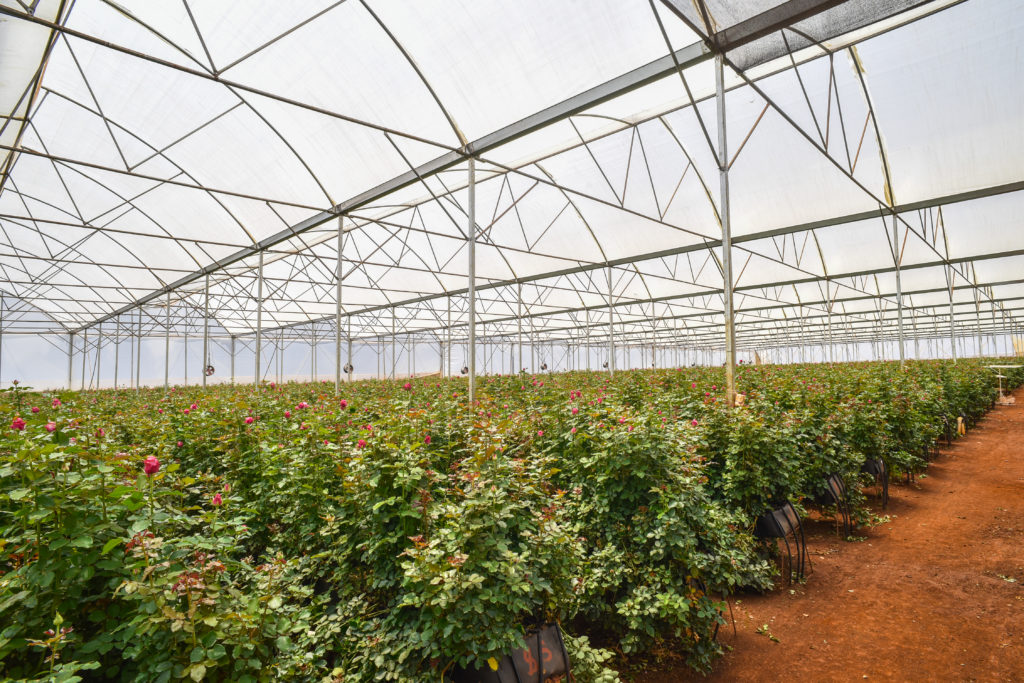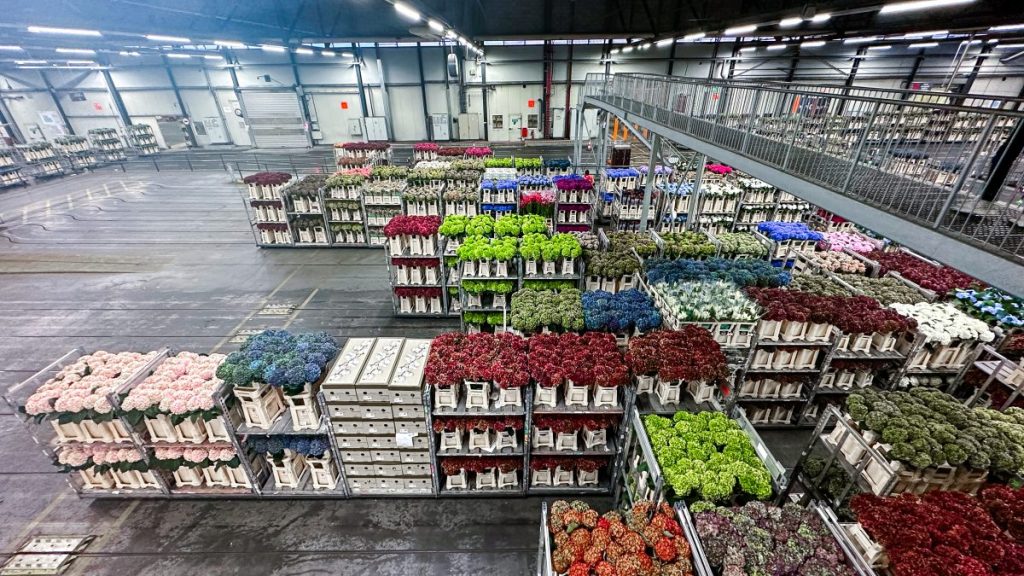
Certifications have become essential for flower exporters aiming to penetrate the international market. Several consultants are leading the way in this area, offering guidance to exporters. They specialize in assisting producers in complying with the stringent regulations of markets like Europe and the United States.
According to one consultant, the certification process serves not only as a pathway to international markets but also as a means to enhance the organization and efficiency of agrobusiness operations. “Initially, we observed that a system like GLOBALG.A.P. played a crucial role in structuring a company, adding value for producers,” he notes. However, he recognizes that the situation has evolved, and producers now face a growing array of standards, some of which may appear excessive or unnecessary.

Certifications, ranging from GLOBALG.A.P. to more specific standards, such as FSI basket of standards. Social: MPS Socially Qualified (SQ) Certification Scheme, Business Social Compliance Initiative (BSCI) Code of Conduct, Fair Trade International Hired Labour Standard, Ethical Trading Initiative Base Code / SMETA, Social Accountability International SA8000 Standard, Sustainable Agriculture Network – Rainforest Alliance Certificate, South African Standard for Sustainable Agriculture. Environmental & Social: Kenya Flower Council Silver Standard, EHPEA Code of Practice for Sustainable Flower Production Silver level, Florverde® Sustainable Flowers Standard. Environmental MPS-GAP: Certification Scheme, BOPP (British Ornamental Plants Producers) Grower Standard, Global G.A.P.
The Floriculture Standard is essential for businesses aiming to partner with major supermarkets in the UK and the European Union. The UK market is especially rigorous, as supermarkets impose their own additional standards beyond the international requirements. This creates a challenging landscape for producers, who must not only secure certification but also establish robust systems capable of enduring multiple audits.
The expense related to acquiring and maintaining these certifications is considerable. “Bringing in an auditor is just the beginning; there are also costs tied to updating systems and facilities,” he notes. Nonetheless, despite these hurdles, certifications are viewed as a vital investment to ensure the quality and safety of products destined for export.

Flower producers have effectively embraced these certifications, which has bolstered the country’s position in the global market. However, he emphasizes that while the government provides support to certain sectors, the primary responsibility for obtaining certifications rests on the shoulders of the producers and exporters themselves. “Everyone is putting in their own effort to improve and meet the required standards,” he explains.
Looking ahead, he foresees a potential oversaturation of the certification landscape and advocates for a more streamlined approach. “I hope that the standards will become more practical, and the certification processes will be easier to navigate,” he adds. He also highlights that certifications should not become simply bureaucratic obstacles but should genuinely enhance value for producers.
Although the journey toward certification demands extra effort and investment, it remains an essential tool for accessing international markets and sustaining robust trade relationships. With appropriate support and an emphasis on simplification, Kenyan exporters of fresh produce can continue to prosper in the competitive global arena.
